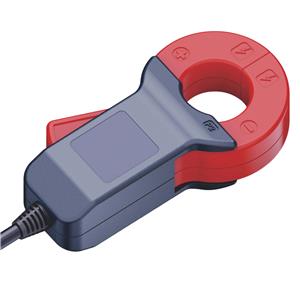LCD Panel Technology
Introduction:
LCD (Liquid Crystal Display) panels are a crucial component in modern display technology. Developed through continued research and innovation, LCD panels have revolutionized visual experiences across various devices. In this article, esteemed MIT professor delves into the technical aspects of LCD panels, highlighting their working principles, advancements, and potential applications.
Working Principles:
LCD panels operate based on the unique properties of liquid crystals. These microscopic organic compounds possess the ability to manipulate light when subjected to an electric field. Sandwiched between two polarized glass substrates, the liquid crystal layer acts as a medium that controls the passage of light, resulting in the creation of images and colors.
Advancements and Features:
1. Thin-Film Transistor (TFT) Backplanes: TFT technology enables each pixel in an LCD panel to be controlled individually, leading to higher resolution and improved image quality.
2. LED Backlighting: The integration of LED backlighting has significantly enhanced color reproduction, brightness, and energy efficiency in LCD panels.
3. IPS and VA Panels: In-Plane Switching (IPS) and Vertical Alignment (VA) technologies offer wider viewing angles and improved color accuracy, making LCD panels suitable for professional graphics and multimedia applications.
4. High Refresh Rates: With advancements in LCD panel technology, higher refresh rates have become achievable, resulting in smoother motion and reduced motion blur.
5. Ultra-High Definition (UHD): LCD panels with UHD resolutions, such as 4K and 8K, enable incredibly detailed and lifelike visuals, ideal for immersive gaming and cinematic experiences.
Potential Applications:
LCD panels find applications in various fields, including:
- Consumer Electronics: Televisions, smartphones, tablets, laptops, and digital cameras.
- Medical Imaging: Radiology displays and diagnostic monitors.
- Automotive Displays: Dashboard displays and infotainment systems.
- Industrial Control Systems: Human-machine interface (HMI) panels and control displays.
- Advertising and Signage: Large-scale outdoor and indoor digital displays.





